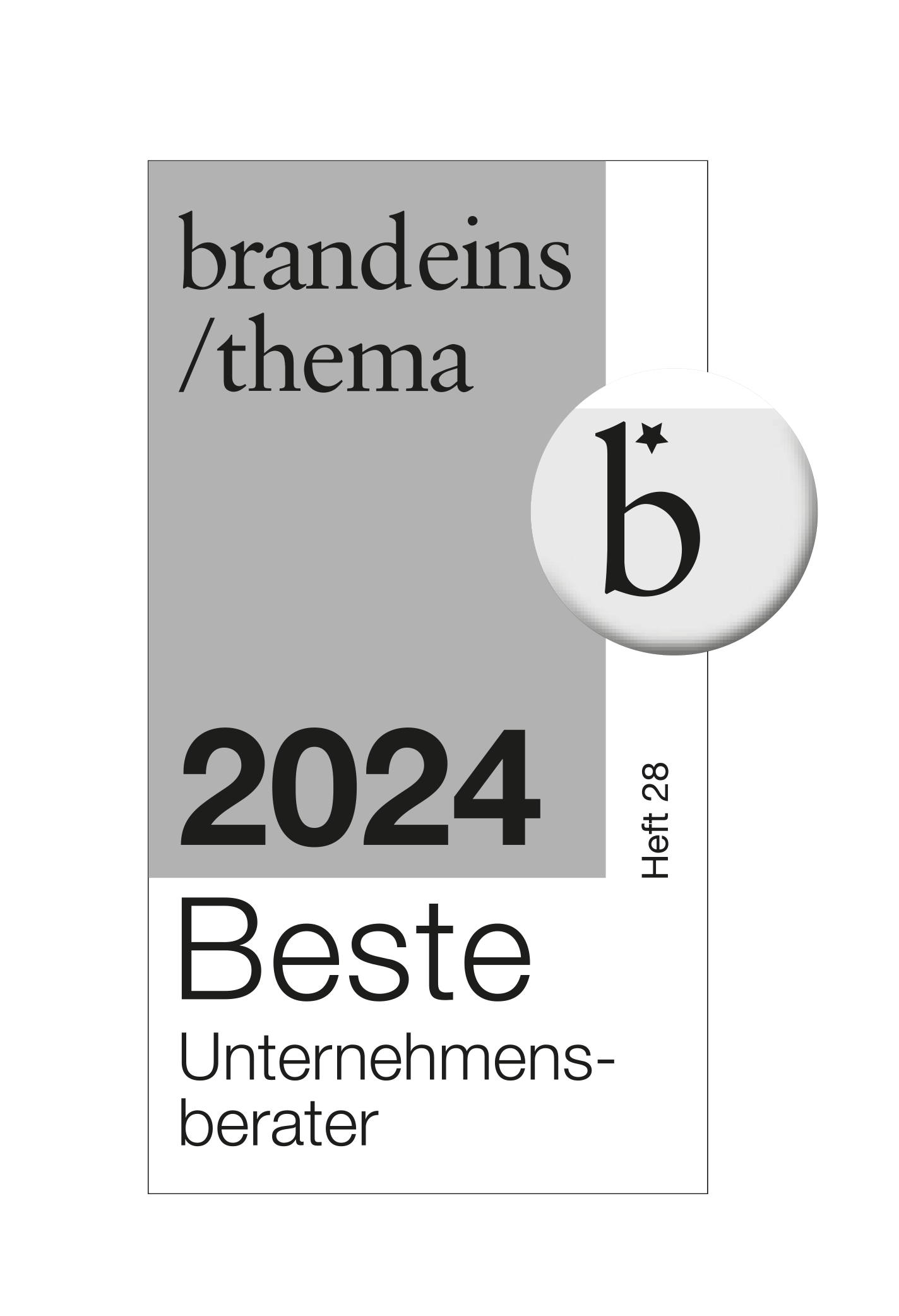Software Defined Vehicle – The Vehicle of the New Generation
The automotive industry is currently undergoing the greatest transformation in its history. Whereas the focus used to be on hardware, the new-generation vehicle inspires with one thing above all: Software. Because in the future, we'll be driving autonomously, electrically, highly connected and have the latest digital features on board as standard. In other words, the customer experience is largely defined by the software in the car. This trend is gaining momentum and is called “Software Defined Vehicle” (SDV).
In particular, the SDV requires a technical shift to a modern zonal domain architecture for the electrical/electronic components, as well as the introduction of an agile software lifecycle with regular (remote) software updates over-the-air - independent of ECUs or vehicles.
As an industry expert, msg builds on its long-term expertise from collaboration with OEMs and 1-tiers/2-tiers. Our holistic service portfolio includes the design of e/e processes (including requirements management, functional security or automotive SPICE,), e/e methods (including model-based software development or systems engineering) and e/e systems for SDV.Onboard, SDV.Offboard, SDV.Cloud or SDV.DEV.
Let's shape the automobile of the future together – the Software Defined Vehicle. We provide you with independent consultancy.
Do you have any questions?
Five Key Topics for the Mobility of the Future
Connected Car
Cloud-based networking of vehicles with the environment (Car2x), especially with the backend, infrastructure or other vehicles is increasingly important for the mobility of the future. With more than 70 connected car services and numerous cloud-native applications based on the current hyperscaler stacks (mainly AWS, Azure, Google) we stand for state-of-the-art cloud computing. We actively take part in the design of cloud standards and ecosystems such as Gaia-X or Cantena-X.
Human-Machine-Interface (HMI) & Infotainment
Seamless connectivity of smart devices (such as smartphones, smart watches) and the automobile via Android Auto, CarPlay or MirrorLink is now standard. Security and data protection aspects must be considered in all development steps of the UX/UI process. We develop apps and mobile online services in a natively, web or cloud based with the latest technologies and integrate new interaction possibilities that arise, for example, through augmented and virtual reality.
Software Journey
An end-to-end software journey is the path of software from development, production to the continuous distribution and use (including function on demand) of current software in the field. We advise our customers on state-of-the-art software methods, best practices, agile development, DevOps and the correct integration into automotive processes, such as automotive SPICE or AUTOSAR, and the efficient consideration of relevant regulations for homologation, in particular SUMS (UN-ECE R156) or CSMS (UN-ECE R155).
Advanced Driver Assistance Systems (ADAS) & Autonomous Driving (AD)
On the path to fully autonomous driving (level 5), increasingly complex driver assistance systems (ADAS) (level 1-4) are crucial to differentiate the company from the competition. We provide support primarily in the area of cloud-based remote ADAS solutions and in the design and safeguarding of these functions through our extensive expertise in systems engineering (architecture, safety, security) and testing of modern highly distributed vehicle architectures. We bring our extensive machine learning and analytics expertise to bear on the analysis of the extensive data sets generated in the process to safeguard the driving functions (see also our general AI & BigData portfolio).
E-mobility
Well-developed charging infrastructure, barrier-free charging with a charging app, roaming, simple contracts and clear billing are indispensable for successful e-mobility. We develop apps and cloud-based applications in the context of e-charging. In this way, we are paving the way for the even more convenient charging of electric vehicles. With the help of our Plug&Charge solutions (according to ISO 15118), drivers can easily identify themselves by plugging their car into a charging station and charge at any provider without major problems.
"With our solutions for the Software Defined Vehicle, msg is shaping innovations in the automotive sector: 90 percent of all innovations are stimulated by electric/electronic topics. The trends autonomous driving, connected car, e-mobility and smart/shared mobility define our future mobility. With our expertise, we want to make an important contribution to this development."

Automotive
Our consulting focus in the area of Software Defined Vehicle
The Functional Safety (ISO 26262) and Safety Of The Intended Functionality (SOTIF, ISO 21448) methodologies are critical for safe vehicles and for minimizing risks to drivers. Through our holistic analysis with regard to the vehicle, we can identify dependencies and assess and design the functional safety of systems or individual components. We offer integrated consulting and support services (including gap analyses, training, assessments, HARAs) from requirements analysis, architecture, modeling, code generation, module test or integration test to system test.
The changes in the market with ever increasing complexity, shorter development times and much more demands holistic solution approaches (model-based, function-oriented, data-oriented etc.) in the field of systems engineering. We are your ideal partner for the digitalization of your product development and your transformation of the added value chain. In doing so, we consider the processes, methods and tools for systems engineering in the 4 dimensions:
- Organization & culture
- Expertise & methodology
- Processes & roles
- IT systems & migration
Our consulting focus in the area of Software Defined Vehicle
The Functional Safety (ISO 26262) and Safety Of The Intended Functionality (SOTIF, ISO 21448) methodologies are critical for safe vehicles and for minimizing risks to drivers. Through our holistic analysis with regard to the vehicle, we can identify dependencies and assess and design the functional safety of systems or individual components. We offer integrated consulting and support services (including gap analyses, training, assessments, HARAs) from requirements analysis, architecture, modeling, code generation, module test or integration test to system test.




